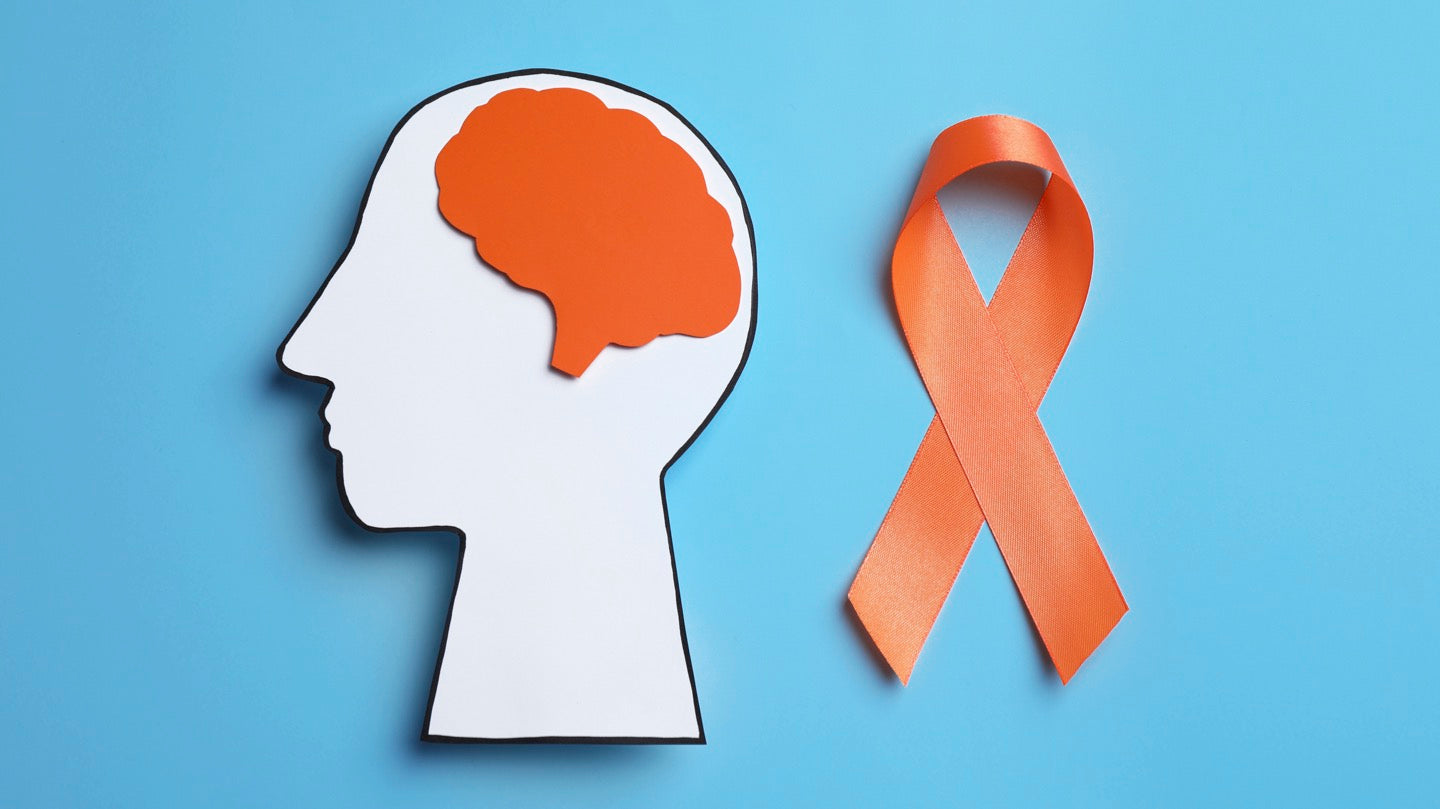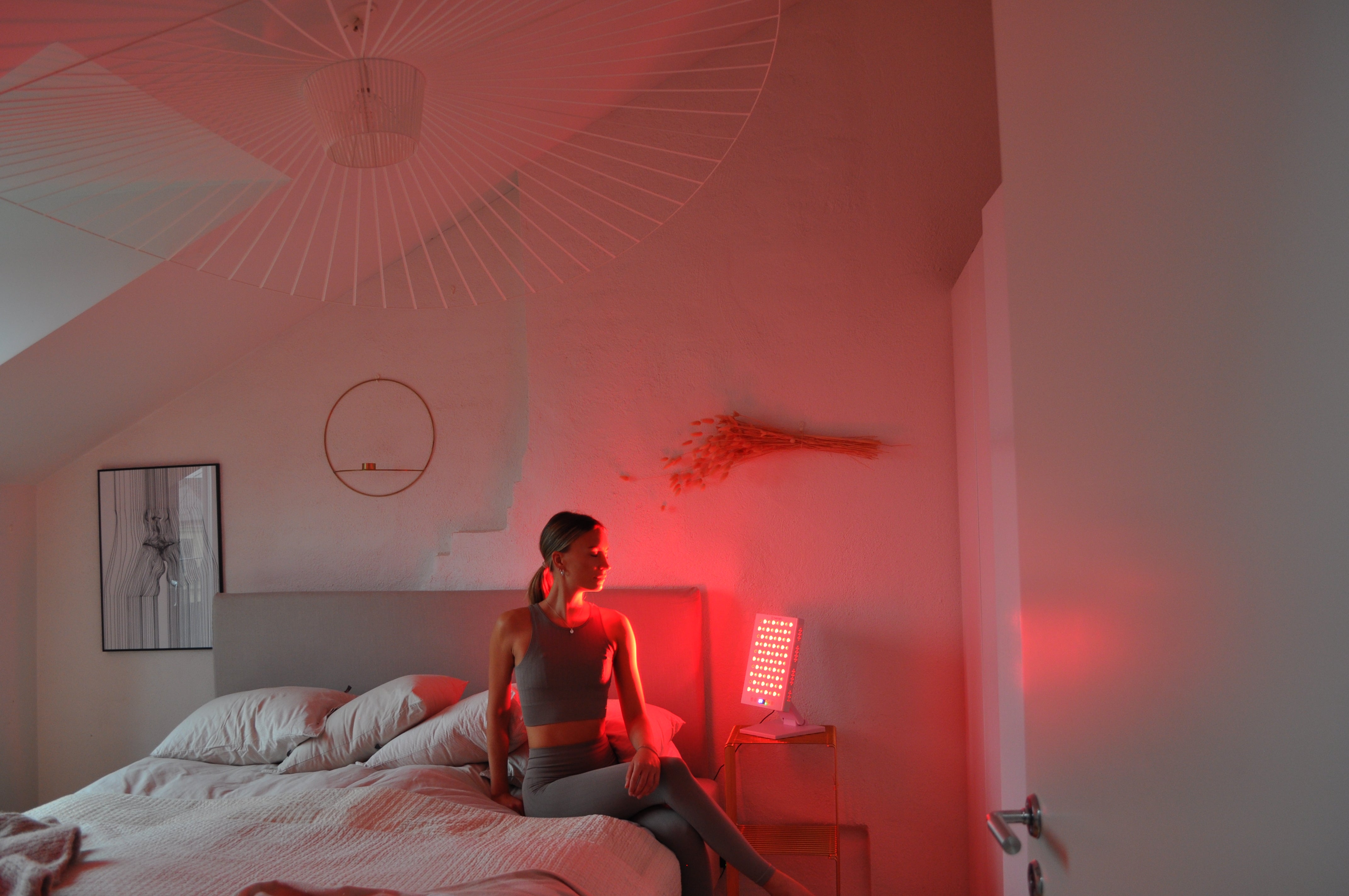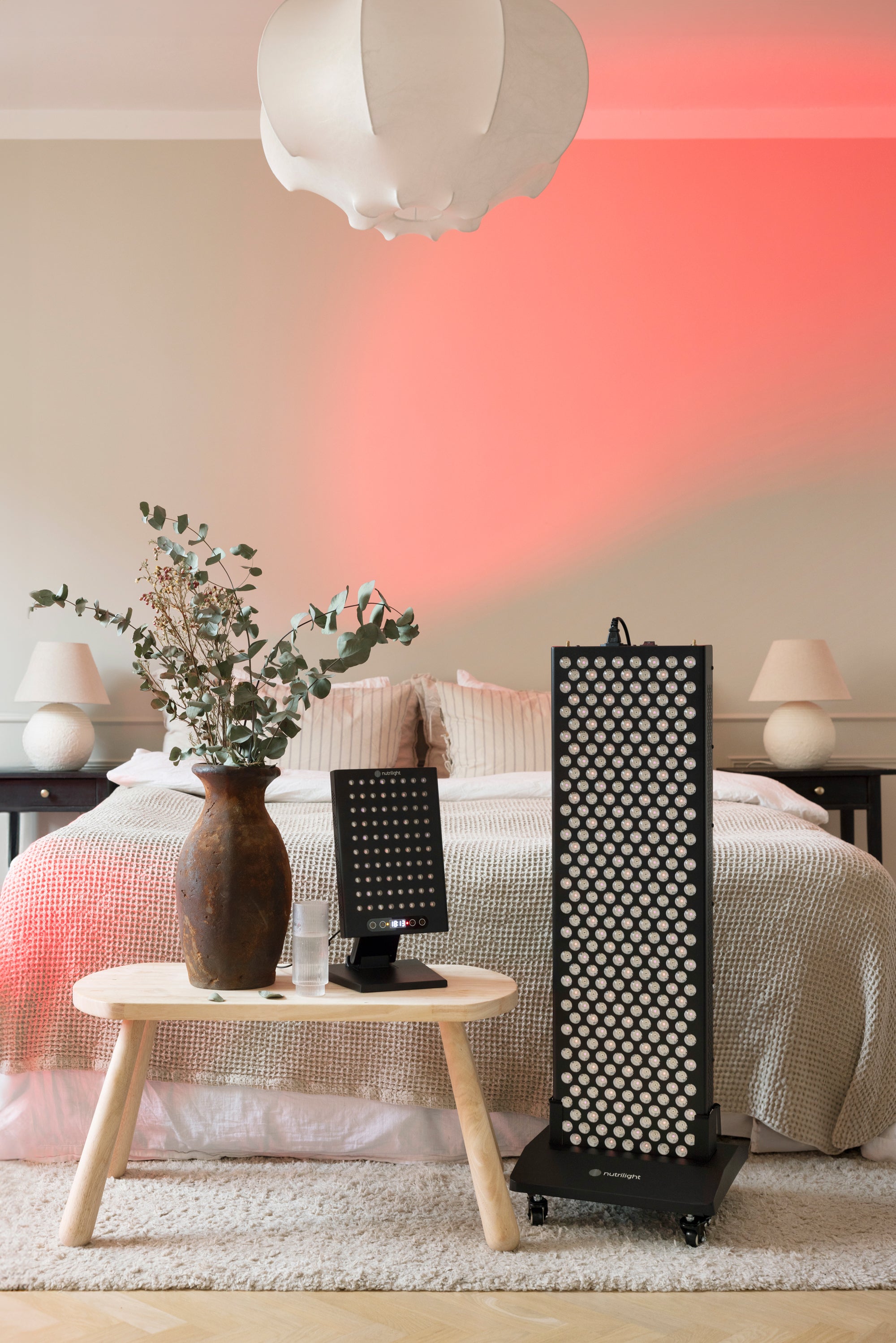Sol and MS
MS is short for multiple sclerosis, which is a disease of the central nervous system, i.e. the brain and spinal cord. The first symptoms are often that the vision deteriorates or that the sensation in an arm or leg changes. The disease is autoimmune in nature, meaning it is caused by the body's own immune system, which simply attacks the myelin sheaths that electrically insulate nerve pathways. This means that the disease can progress for quite a long time before symptoms appear. Since the disease is autoimmune, it is quite easy to imagine how a better and more specific immune system is important, and one of the strongest effects of sunlight is just that. It is therefore not surprising that the risk of suffering from MS increases with the distance from the equator. At the equator, the earth receives the greatest amount of sunlight, and those who live there therefore receive the most sun exposure. This means that the risk of getting MS in the countries around the equator is very low or even non-existent, while countries like Sweden where sun exposure is much lower have a relatively high prevalence (1).
The occurrence of some diseases is related to latitude (sun exposure)
Does Red Light Therapy help with MS?
The answer to that question is most likely yes. I would never dare raise the hopes of sufferers if I didn't also have the research behind my answer. There is a very good review article dealing with red light therapy and MS (2). In it, the authors review the state of research today and they came to a number of conclusions. They mention, among other things, that light therapy calms down the immune system so that the disease does not progress as quickly. At the same time, the regeneration of neurons is also accelerated, which in practice gives hope that the damage caused by the disease can even be repaired. RLT has also been shown to mitigate the consequences of the disease, e.g. motor problems, pain and deterioration of speech and vision. The collected research shows that the inflammations in the patient are reduced, which in itself makes the disease less aggressive, and therefore their physical condition improves. In animal studies, RLT has been shown to delay the onset of the disease, and the authors of the article conclude that RLT can be an effective complementary treatment to the drugs and brake drugs that are available today. Studies on mice have also shown that the build-up of myelin sheaths in the brain could increase with RLT, and perhaps it is therefore smart to also give RLT treatment directly into the brain (3)? If I myself were affected, I would absolutely see RLT as an aid, and together with other treatment such as exclusion of foods that cause allergy type 3, exercise, anti-inflammatory drugs, stress management, etc. it will probably be positive. You can also imagine that a better general condition with increased energy levels and exercise capacity will make a big difference. We know that exercise can help sufferers and a combination of strength training and cardio with a reasonable intensity is preferable. Higher energy levels will also make the outlook on life more positive, and this will also affect the progression of the disease. Low mood and depression are often a consequence of the diagnosis, and it is also likely to worsen the disease.
- Steve Simpson Jr 1 2, Wendy Wang 3 4, Peter Otahal 2, Leigh Blizzard 2, Ingrid AF van der Mei 2, Bruce V Taylor 2. Latitude continues to be significantly associated with the prevalence of multiple sclerosis: an updated meta-analysis. 2019 Nov;90(11):1193-1200. doi: 10.1136/jnnp-2018-320189. Epub 2019 Jun 19. Meta-Analysis J Neurol Neurosurg Psychiatry.
- Nikoo Hossein-Khannazer 1, Mandana Kazem Arki 2, Aliasghar Keramatinia 3 4, Mostafa Rezaei-Tavirani 5. The Role of Low-Level Laser Therapy in the Treatment of Multiple Sclerosis: A Review Study. J Lasers Med Sci. 2021 Dec 28;12:e88. doi: 10.34172/jlms.2021.88
- Katherine Chuere Nunes Duarte 1, Thaís Torres Soares 1, Angela Maria Paiva Magri 1, Lívia Assis Garcia 1, Luciana Le Sueur-Maluf 1, Ana Cláudia Muniz Renno 2, Gláucia Monteiro de Castro 3. Low-level laser therapy modulates demyelination in mice . J Photochem Photobiol B. 2018 Dec;189:55-65. doi: 10.1016/j.jphotobiol.2018.09.024. Epub 2018 Oct 3.
Author: Fredrik Paulún






Share:
Red light therapy and weight loss
Redljusterpi and anxiety